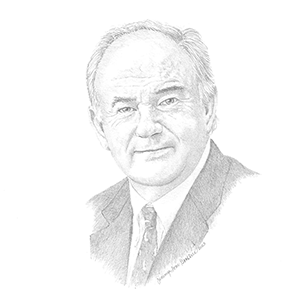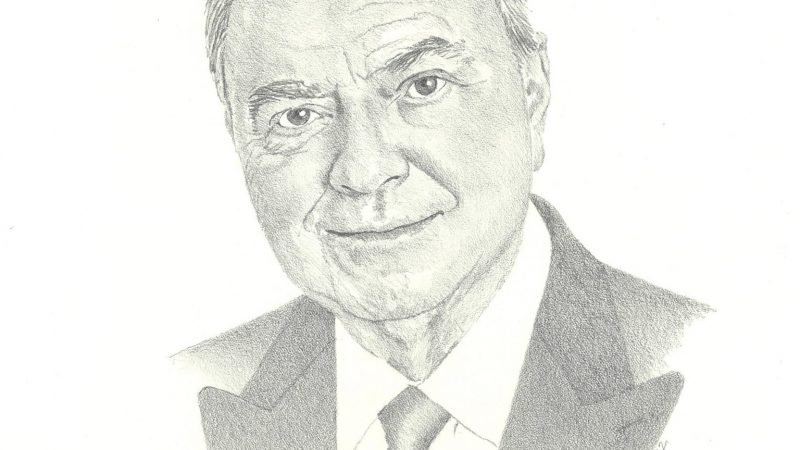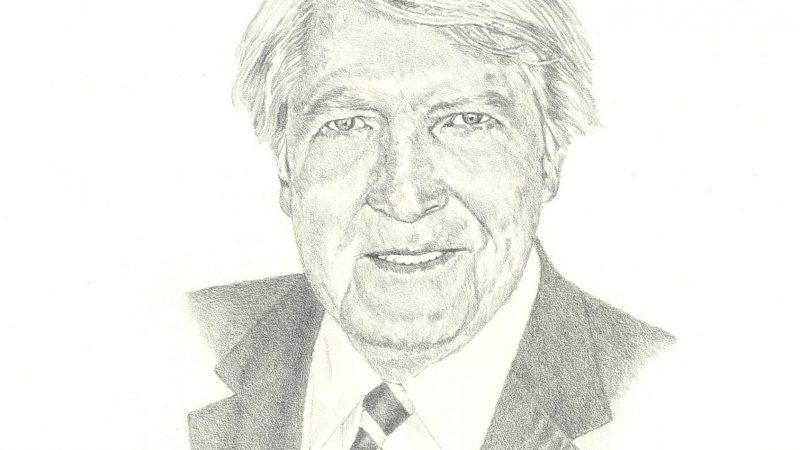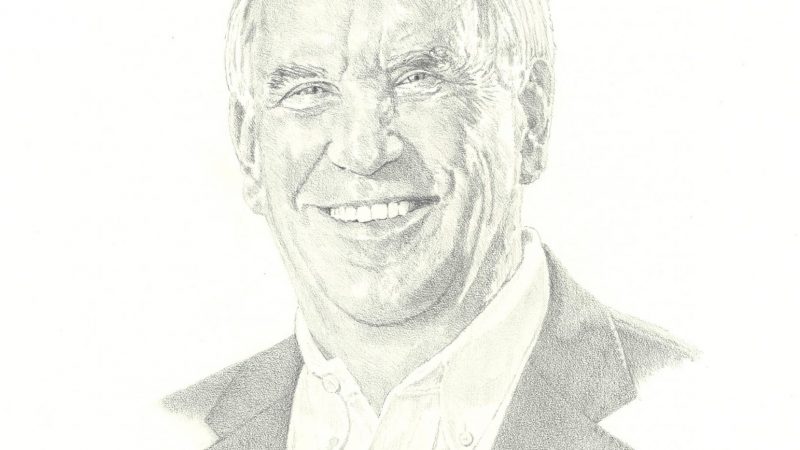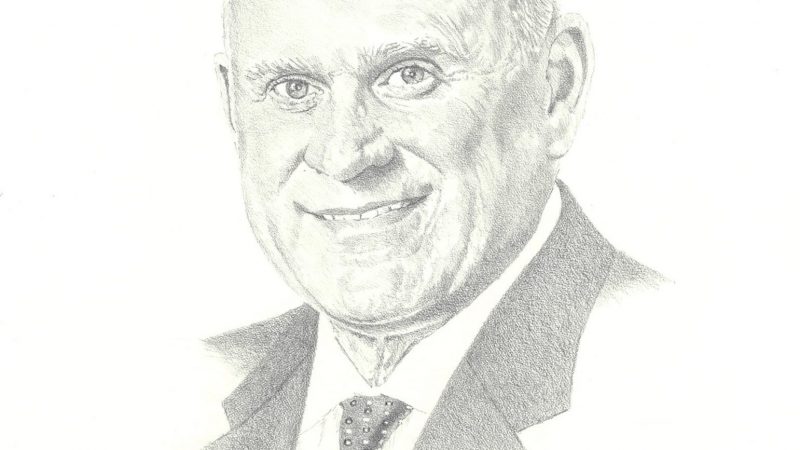Fournier J. “Boots” Gale III
- December 5th, 2025
Fournier J. “Boots” Gale, III has devoted his distinguished career to shaping the legal profession, advising businesses, and serving the people of Alabama. Throughout more than four decades of practice, Gale has held leadership positions in both private practice and corporate law, building a reputation as a trusted counselor, a thoughtful strategist, and a committed civic leader. His career reflects an unwavering dedication to excellence in law as well as to strengthening the institutions that support the state’s economy and communities.
Gale is of Counsel at Maynard Nexsen PC, one of Alabama’s most prominent and respected law firms. He was instrumental in founding Maynard Cooper & Gale, now Maynard Nexsen, and for many years served as managing shareholder and chairman. In that role, he guided the firm through a period of rapid growth, setting high standards for client service and professional integrity.
Later, he made a significant impact as general counsel, senior executive vice president, and corporate secretary at Regions Financial Corporation from 2011 to 2020. There, Gale’s steady leadership helped one of the Southeast’s largest banks navigate the challenges of the post-recession economy, new regulatory environments, and ongoing shifts in the financial industry.
His guidance not only ensured compliance and sound governance but also fostered a culture of accountability and innovation. In addition to his work with Regions, Gale has long contributed his expertise to the wider business community as a board member of the Business Council of Alabama, helping to align the interests of business leaders with the state’s economic development.
Gale earned a debate scholarship to The University of Alabama, where he became a four-time national champion debater. He received his bachelor’s degree in political science in 1966, then graduated first in his class from The University of Alabama School of Law. While in law school, he was also editor in chief of the Alabama Law Review.
After law school, Gale began his legal career at the Birmingham firm Cabaniss & Johnston, where he advanced to partner by 1975. In 1984, he co-founded Maynard Cooper & Gale. Under his leadership as managing partner and chairman of the executive committee, the firm grew steadily, expanding into one of Alabama’s largest firms.
In 2011, Gale transitioned from private practice to corporate leadership, accepting the role of senior executive vice president and general counsel of Regions Financial Corporation. For the next decade, he guided the bank through a period of remarkable change in both the economic and political landscape. Following his retirement from the general counsel role, he returned to Maynard Nexsen in 2021 as of Counsel, where he lends his more than 45 years of experience to the firm’s litigation and corporate practices.
Gale has invested deeply in service to his alma mater and to the broader legal community. He is a former president of The University of Alabama Law School Foundation and currently serves as treasurer for the Law School Board of Governors. He served as president of both the Alabama State Bar and the Birmingham Bar Association, chaired the Alabama Commission on Higher Education, and served on the Judicial Inquiry Commission. In 2013, he was inducted into the Alabama Academy of Honor, one of the state’s most prestigious distinctions.
Gale holds a fellow status with the American Bar Foundation and the International Academy of Trial Lawyers. His continuing involvement with The University of Alabama, including membership in the President’s Cabinet, reflects his devotion to his alma mater.
A joint letter in support of Gale’s induction to the Alabama Business Hall of Fame said, “In every sphere of influence, Boots Gale has provided wise counsel and guidance to improve the condition of his State, his community, his university, and the businesses he has advised.”
Gale and his wife, Louise, live in Birmingham. They have two children and four grandchildren.






